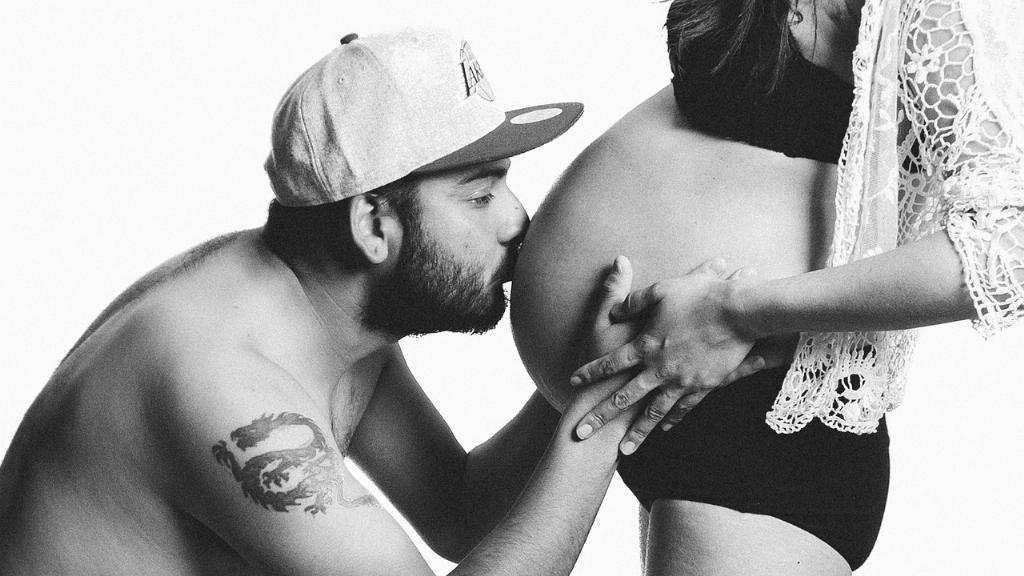Feeling isolated and lonely during pregnancy is a common experience that many expectant mothers face. It’s essential to recognize that this sentiment is entirely valid and understandable given the immense physical, emotional, and psychological changes that pregnancy brings.
Physical Changes and Isolation
During pregnancy, your body undergoes significant transformations to support the growth and development of the baby. These changes can cause discomfort, fatigue, and physical limitations that may lead you to withdraw from social activities and relationships.
Emotional Vulnerability
Pregnancy is a time of heightened emotions and vulnerability. You may experience mood swings, anxiety about the future, and concerns about your ability to be a good parent. These emotional challenges can intensify feelings of loneliness and isolation.
Lack of Understanding from Others
Although those around you may have the best intentions, it can be challenging for them to truly empathize with the unique journey of pregnancy unless they have experienced it themselves. This lack of understanding can make you feel disconnected and alone in your struggles.
Shift in Priorities and Relationships
As you prepare for motherhood, your priorities and relationships may undergo significant changes. You may find that your focus shifts towards preparing for the baby, which can create distance between you and your previous social circle.
Communication Challenges
Effective communication is crucial in any relationship, but it can become more challenging during pregnancy. Hormonal changes, stress, and physical discomfort can impact your ability to express your needs and emotions clearly, leading to misunderstandings and feelings of isolation.
Self-Identity and Transformation
Pregnancy marks a profound transformation in your life, both physically and emotionally. This shift in self-identity and the uncertainty that comes with it can contribute to feelings of loneliness as you navigate this new chapter in your life.
Comparison and Expectations
It’s easy to fall into the trap of comparing yourself to other pregnant women or societal expectations of pregnancy. This constant comparison can exacerbate feelings of isolation and inadequacy, as you may feel like you don’t measure up to these perceived ideals.
Social Stigma and Pressure
There may be societal pressures and stigmas surrounding pregnancy that add an extra layer of complexity to your experience. These expectations can create feelings of isolation if you feel like you have to conform to a certain image or standard.
Seeking Support and Connection
It’s essential to remember that you are not alone in your feelings of loneliness during pregnancy. Reach out to supportive friends, family members, or professional counselors who can offer a listening ear, empathy, and advice to help you navigate this challenging time.
Self-Care and Mindfulness
Practicing self-care and mindfulness techniques can help alleviate feelings of loneliness and isolation. Take time for yourself, engage in activities that bring you joy, and prioritize your mental and emotional well-being during this transformative period.
Embracing the Journey
Embrace the complexities and challenges of pregnancy as part of your unique journey towards motherhood. Allow yourself to feel a range of emotions, seek support when needed, and remember that it’s okay to experience moments of loneliness amidst the profound changes taking place within you.
Conclusion
Feeling lonely during pregnancy is a common experience that many expectant mothers face due to a combination of physical, emotional, and social factors. By acknowledging these feelings, seeking support, practicing self-care, and embracing the journey, you can navigate this transformative time with resilience and strength.

